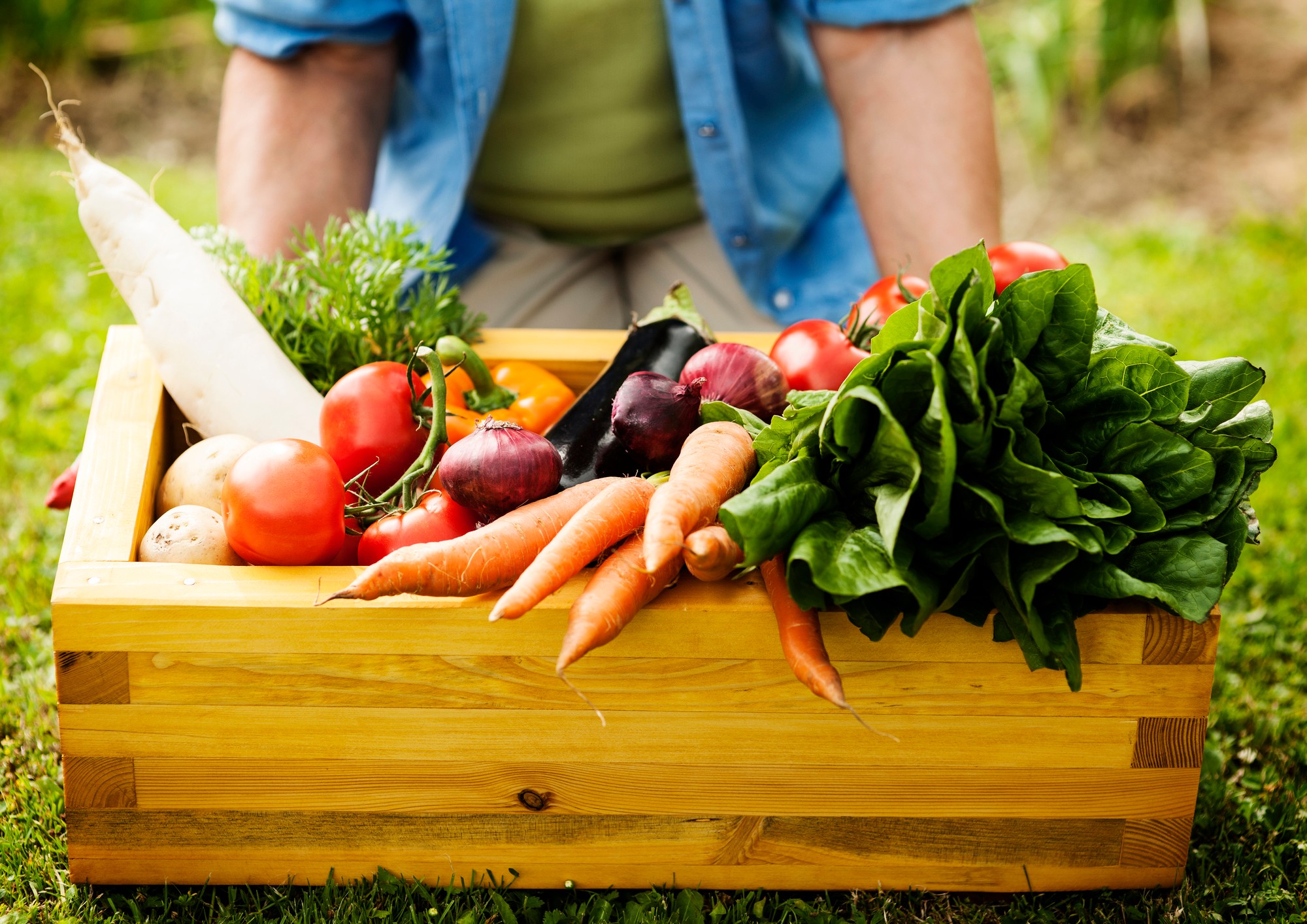
Gardening is a most rewarding hobby. When you garden, you not only get to be out in the warm sunshine breathing in clean, healthy air — you’ll eventually be rewarded with flourishing crops. The benefits to your health and wellbeing make it a worthwhile pastime.
Ready to get started? Here are 5 tips and tricks you should know to create your very own vegetable garden:
- Make sure your soil is rich with nutrients
Soil is one of the most important aspects of gardening. You can’t expect your vegetables to grow full and healthy if your soil is devoid of nutrients. An organically rich soil will make your plants grow stronger and healthier so they can bear more fruit.
Adding compost and organic fertilizers will help make your soil better. Get a soil test to find out the soil fertility and pH levels. This will help you determine what fertilizers you need to use to further enrich your soil.
- Know what to plant
The crops you plant should be based on the vegetables you typically eat. Grow in your garden staples that you use practically everyday, like tomatoes, potatoes, carrots, onions, and garlic.
Also, grow vegetables that you don’t usually find at the store, like special varieties of squash and celery. Herbs will also be a great addition to your vegetable garden and your spice rack.
- Learn which crops grow well together
If you want to maximize your gardening space, you need to know what plants grow better when planted together. Companion planting will help save space while enriching the soil with nutrients that will better benefit the paired crops.
Examples of compatible plants include the following:
- Corn, beans and, squash
- Tomatoes, basil, and onions
- Peppers and basil
- Corn and green beans
- Carrots, onions, and radishes
- Cucumbers, beans, celery, dill, lettuce, peas, and radishes
- Beets and celery
- Get the best seeds
Not all seeds are the same. Some grow quicker and yield more abundantly than others, so make sure to buy quality ones. The seeds found at your local gardening supplies store are fine. But if you want to better-quality produce, choose heirloom, organic, open-pollinated, or new hybrid seeds. These seeds are more expensive but they’ve been genetically engineered to be easier to grow and less susceptible to disease.
Also, learn how long each plant can be expected to grow before it bears fruit. Time your crops appropriately to take advantage of each growing season.
- Figure out where to put your crops
Location is crucial when it comes to gardening. You can have great soil and the best quality seeds but without the right placement, your efforts might be for naught.
Ideally, vegetable crops need at least six to eight hours of direct sunlight. Survey your plot of land and find a place that gets the most sun. The more sunlight your plants get, the better they’ll turn out.
Find a home that’s got space for you and your garden. Explore your real estate options in the Greater Kansas City area today. Get in touch with us, the Dana Benjamin Team, by calling 913.522.4277. You can also send us an email at dbenjamin(at)reecenichols(dotted)com.


